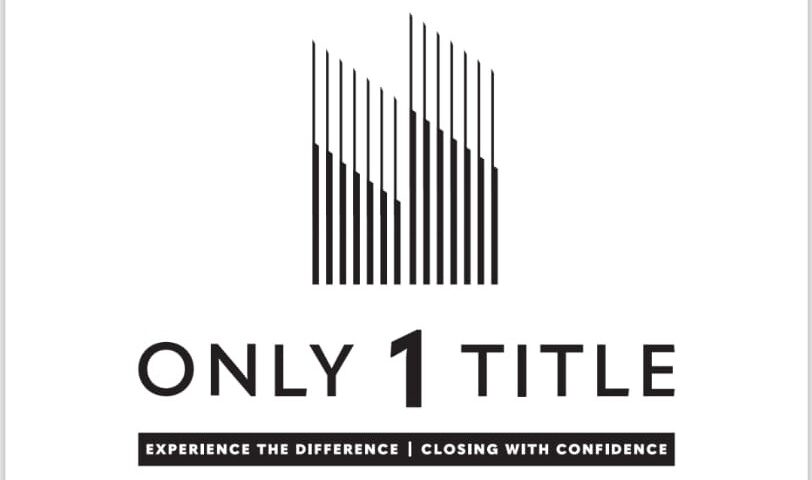What is a 1031 Exchange?
A 1031 Exchange, named after Section 1031 of the Internal Revenue Code, is a powerful tax-deferment strategy used by real estate investors. It allows property owners to defer capital gains taxes when they sell an investment property, as long as they reinvest the proceeds into a similar property of equal or greater value.
This tool is ideal for those looking to grow their real estate portfolio, shift investment strategies, or relocate investments to different geographic areas—all without the immediate tax burden.
Why Choose a 1031 Exchange?
– Tax Savings: Defer capital gains taxes that can be as high as 20%, depending on your tax bracket.
– Portfolio Growth: Reinvest 100% of your proceeds into higher-value or more lucrative properties.
– Flexibility: Exchange properties to better suit your investment goals, whether it’s diversifying, consolidating, or changing markets.
– Estate Planning: Transition assets in a tax-advantaged way to future generations.
Key Rules and Requirements for a 1031 Exchange
To qualify for a 1031 Exchange, the IRS has specific guidelines you must follow:
1. Like-Kind Property
The exchange must involve properties that are “like-kind.” For real estate, this is broadly defined—you can exchange an office building for an apartment complex, for example. However, both properties must be held for investment or business purposes.
2. Qualified Intermediary (QI)
A 1031 Exchange requires a third-party Qualified Intermediary to facilitate the transaction. As your trusted QI, we ensure compliance and smooth handling of all legal and financial aspects.
3. Time Limits
– Identification Period: You have 45 days from the sale of your relinquished property to identify potential replacement properties.
– Exchange Period: The replacement property must be acquired within 180 days of the sale.
4. Equal or Greater Value
To fully defer taxes, the replacement property must be of equal or greater value than the relinquished property. Any cash left over (“boot”) will be subject to taxation.
Types of 1031 Exchanges
We assist with all types of exchanges, including:
1. Simultaneous Exchange: The sale and purchase happen on the same day.
2. Delayed Exchange: The most common type, where the replacement property is purchased within the IRS deadlines.
3. Reverse Exchange: Purchase the replacement property before selling the relinquished property.
4. Improvement Exchange: Use exchange funds to make improvements on the replacement property.
Our Services
At Only 1 Title, we specialize in:
– Education and Planning: We guide you through the 1031 Exchange process and help you plan your strategy.
– Qualified Intermediary Services: We act as the neutral third party to ensure compliance.
– Property Identification Support: Assistance with identifying suitable like-kind properties.
– Documentation and Compliance: We handle all paperwork to meet IRS regulations.
– Comprehensive Support: Our team is available to answer questions and resolve issues throughout the process.
Who Can Benefit from a 1031 Exchange?
A 1031 Exchange is perfect for:
– Real Estate Investors: Looking to defer taxes and grow their portfolios.
– Business Owners: Transitioning from one property to another.
– Estate Planners: Strategically transferring wealth to heirs.
Frequently Asked Questions
1. Can I use a 1031 Exchange for personal property?
No, as of 2018, 1031 Exchanges apply exclusively to real estate held for business or investment purposes.
2. Can I use a 1031 Exchange for a vacation home?
Possibly. If the property has been rented out or used for business purposes for a significant amount of time, it may qualify.
3. What happens if I don’t reinvest all the proceeds?
Any remaining funds will be considered taxable income (referred to as “boot”).
Start Your 1031 Exchange Today
Ready to take the next step in growing your real estate portfolio? Contact us today to schedule a consultation and learn how a 1031 Exchange can work for you.
